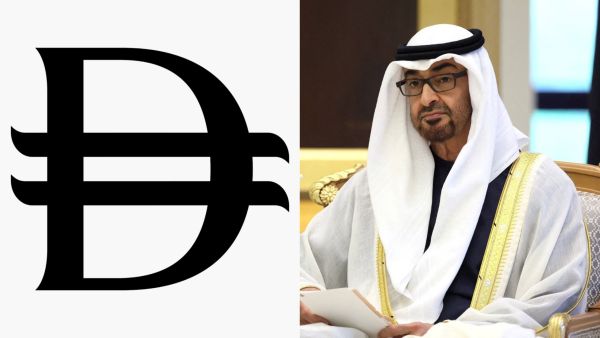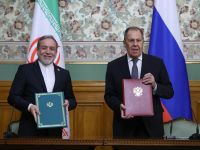ALBAWABA - Dubai is quickly moving toward its goal of becoming one of the world's top cashless economies by 2026, with the goal of having 90% of all transactions be fully digital. The "Dubai Cashless" strategy started this project in October 2024. It is part of the larger Dubai Economic Agenda (D33), which aims to make the city a global center for digital finance and investment.
Dubai has already reached some amazing milestones thanks to a lot of cooperation between the government and the private sector. A recent agreement between the Dubai Department of Finance and the General Directorate of Residency and Foreigners Affairs made its digital ecosystem even better. Partnerships with Network International and the Dubai Digital Economy Chamber in 2023 sped up the process of going digital, so 97% of government services and 92% of small and medium-sized businesses switched to electronic payment systems.
The transition is supported by the Aani instant payment platform, which surpassed 1.5 million users by February 2025, showcasing strong consumer adoption. The World Bank says that Dubai had a 94% financial inclusion rate in 2024, making it one of the most connected cities in the world.
The digital economy is what makes the economy grow.
Experts in the field say that Dubai's GDP could grow by more than AED 8 billion by 2026 if the city goes cashless.
Amina Taher, the Chief Marketing Officer at Wio Digital Bank, says that the change is more than just an upgrade to the payment system; it is a basic infrastructure for investment. Wio currently helps 100,000 small and medium-sized businesses (SMEs) by giving them digital accounts and virtual cards. This lets them handle salaries, bills, and payments without using cash.
The addition of services like Apple Pay and Google Pay has made transactions faster, safer, and more efficient for consumers. Data-driven fraud detection has also made people trust digital payments more.
Vijay Valecha, Chief Investment Officer at Century Financial, said that 70% of all transactions in Dubai and 84% of all transactions in the UAE are now done without cash. He highlighted the rapid growth of “Buy Now, Pay Later” (BNPL) services, with the UAE’s BNPL market valued at $4.25 billion in 2025 and projected to reach $9.8 billion by 2030, growing at an 18.3% annual rate.
Cybersecurity and inclusion are going to be hard problems to solve.
Despite significant progress, Dubai faces challenges in bridging the digital divide and addressing cybersecurity risks.
While younger generations have embraced digital banking, many older residents remain hesitant to adopt e-wallets and mobile payments. Surveys indicate that 84% of UAE residents express concerns about online fraud. In response, banks are deploying advanced security measures such as biometric verification, tokenization, and AI-driven fraud detection, with services like Emirates NBD’s Liv platform leading innovation in secure digital identity integration.
Traditional small businesses, particularly those operating in local markets, require additional training and financial support to adapt. Initiatives like “We Support You” aim to close this gap, helping retailers upgrade infrastructure and embrace digital payment solutions.










